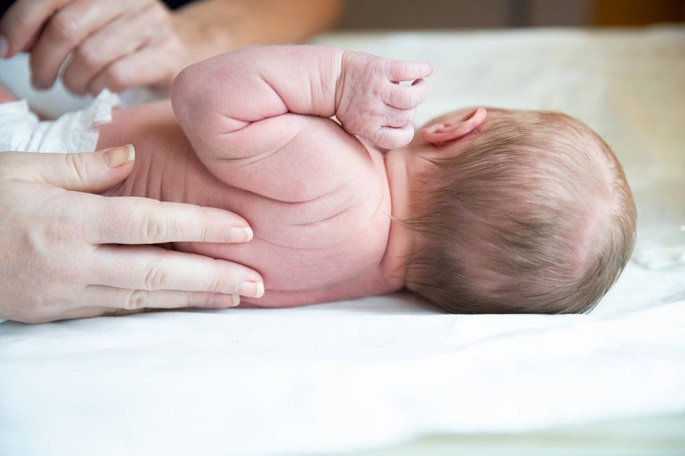Infants offered antibody to prevent RSV infection
Published : 18 Sep 2024, 02:55
A new antibody called nirsevimab will be offered in Finland to prevent Respiratory Syncytial Virus (RSV) infection in babies aged less than 3 months and children under the age of 1 year who are at risk of a severe RSV infection.
The antibody will be offered in October and November aiming to prevent the majority of infant hospitalizations caused by RSV, said Helsinki-Uusimaa Hospital District (HUS) in a press release on Tuesday.
RSV is the most common cause of respiratory infections leading to infant hospitalization worldwide.
In Finland, approximately 1,000 children under the age of 1 year are hospitalized due to RSV annually.
The risk of a severe RSV infection and resulting hospitalization is highest in infants under the age of 3 months and nearly 15% of hospitalized children end up in intensive care during their inpatient care period.
A long-acting antibody called nirsevimab, which has been developed in recent years, is used to prevent RSV infections.
It is administered as a single intramuscular injection. Nirsevimab is safe to administer even to newborns, and it provides efficient protection against RSV for the entire winter epidemic.
It has been in use in several countries during the winter 2023–2024, where it prevented 80–90% of hospitalizations caused by RSV.
In Finland, nirsevimab will be offered to all children born during the RSV epidemic of winter 2024–2025, and all children who are under the age of 3 months when the epidemic starts.
In addition, nirsevimab will be offered to children under the age of 1 year who belong to specific at-risk groups of a severe RSV infection.
At HUS, newborns will receive the antibody in the maternity hospital when they are examined before discharge.
In Uusimaa, Helsinki and the wellbeing services counties are preparing the administration of nirsevimab to babies aged less than 3 months who have not received it at a maternity hospital, and to the children under the age of 1 year who belong to specific at-risk groups.


